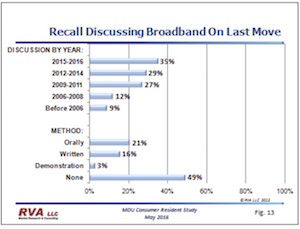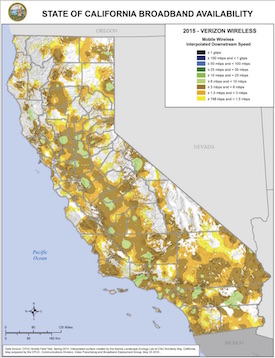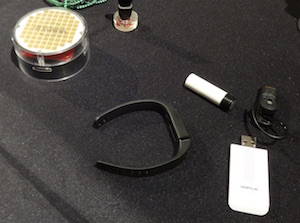Dissenting judge calls FCC net neutrality decision watery thin
![By Jorge Barrios (Own work) [GFDL (https://www.gnu.org/copyleft/fdl.html) or CC BY 3.0 (https://creativecommons.org/licenses/by/3.0)], via Wikimedia Commons](https://www.tellusventure.com/images/2016/6/thread.jpg)
And hanging by the barest of threads
Tuesday’s decision by a federal appeals court to uphold the Federal Communications Commission’s decision to regulate broadband as a common carrier service was not unanimous. The dissenting judge made three points in his counter-opinion. Two are spot on and the third is a judgement call, one that the other two judges who heard the appeal fairly didn’t buy.
Stephen Williams agreed with his two colleagues – Sri Srinivasan and David Tatel – that the FCC can reclassify Internet access and make it a telecommunications service which is potentially subject to detailed regulatory oversight.… More







